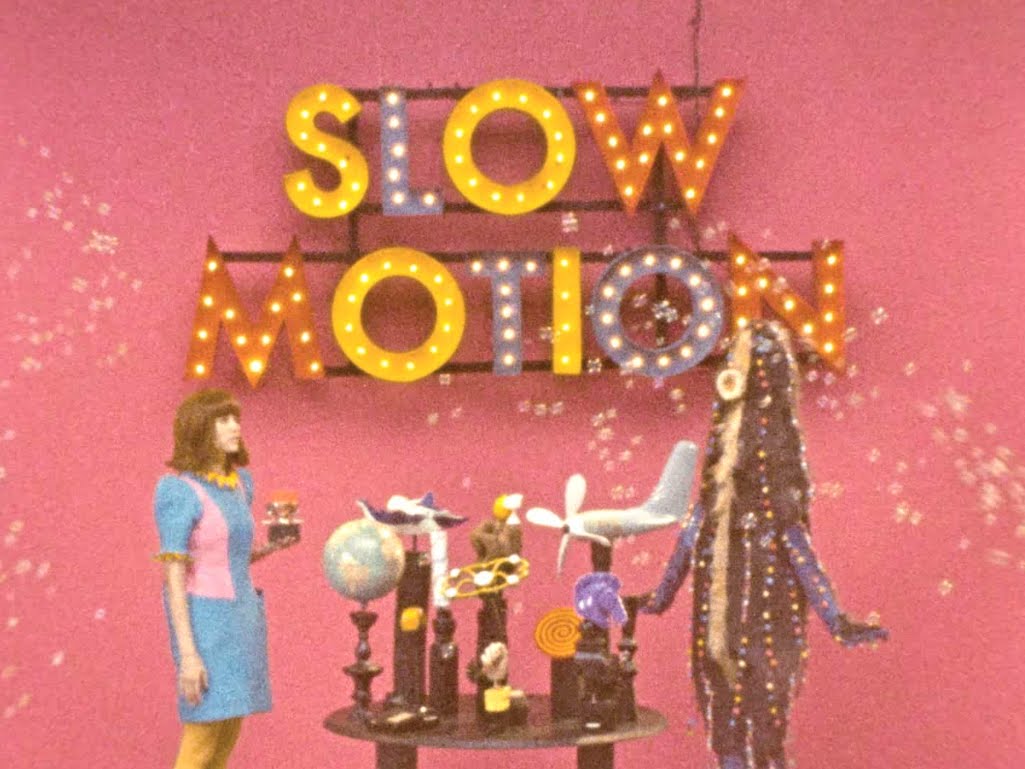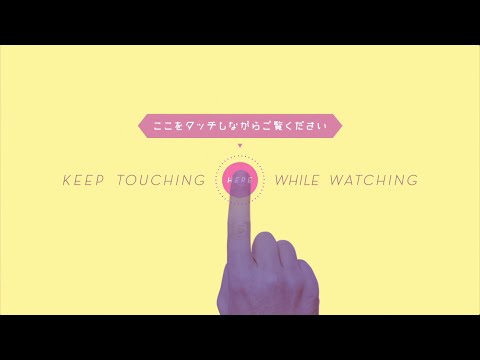Bo En Remixes Negicco: “Let’s Meet At The Festival”
No stranger to remixing for J-pop acts, England’s bo en remixed Niigata trio Negicco’s song “Let’s Meet At The Festival.” The original version is a solid bit of pop — better than the leak-backing group’s newest songs, but not touching the material on this year’s Rice & Snow, one of the favorites for 2015’s finest…




